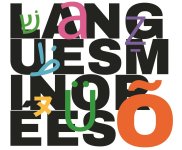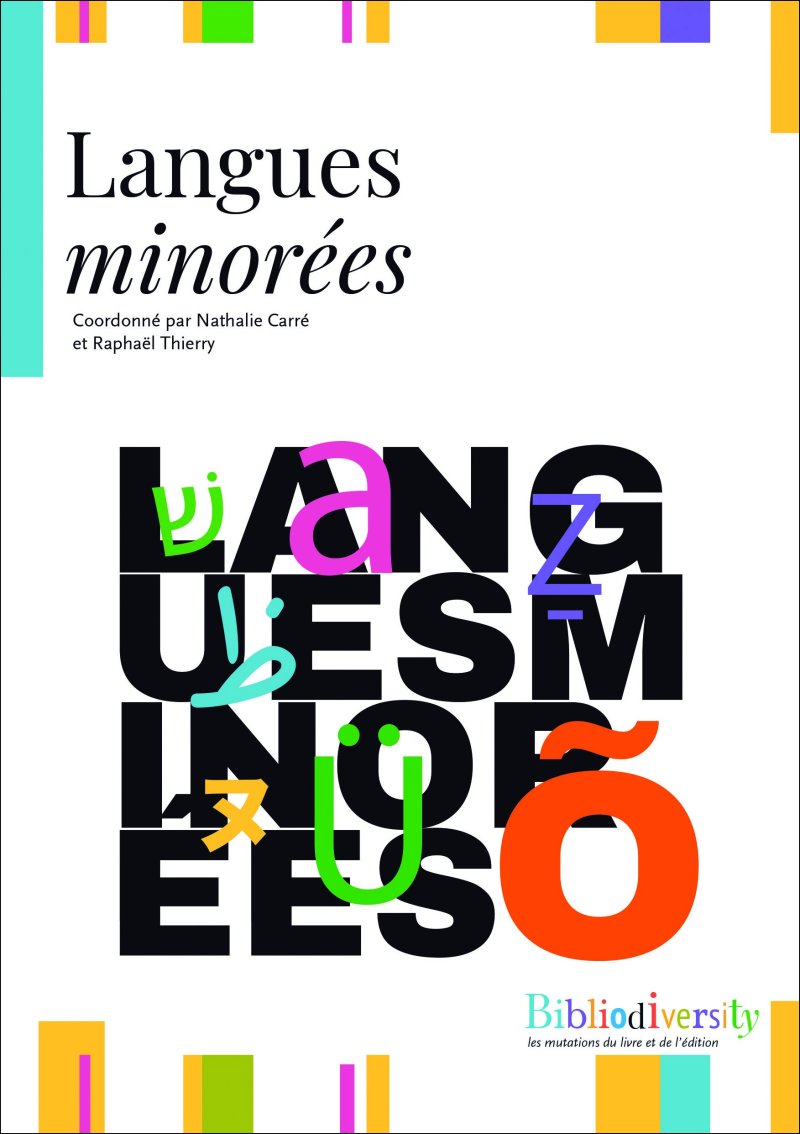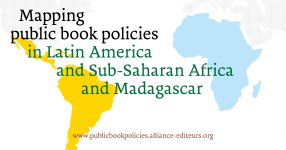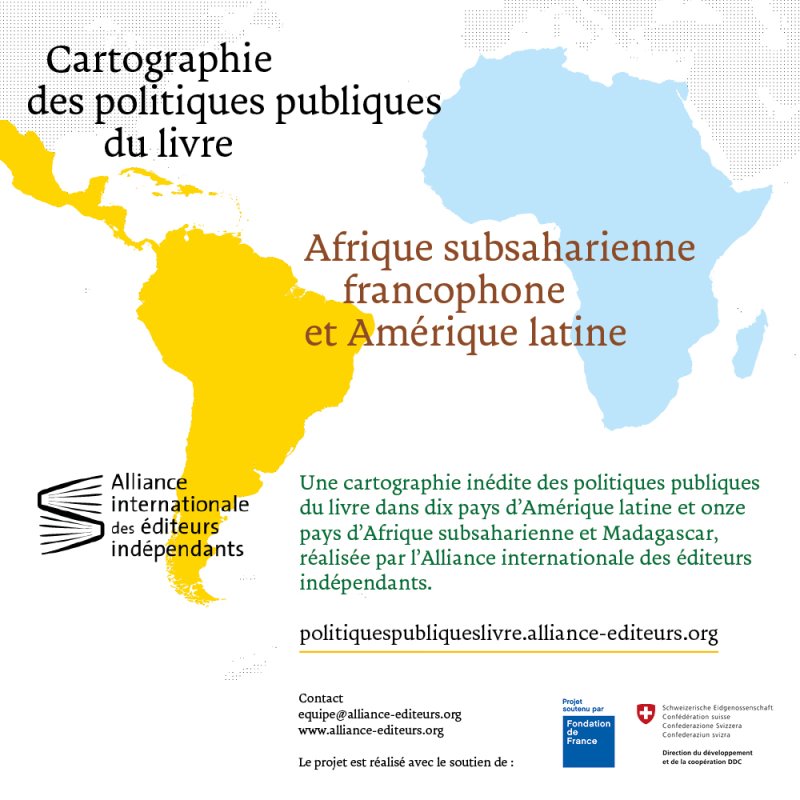
“Minority languages”, the new issue of the Bibliodiversity journal, coordinated by Nathalie Carré (Institut National des Langues et Civilisations Orientales, Inalco) and Raphaël Thierry (independent researcher)
Contact the Alliance team to get a free digital version of this issue.

Bibliodiversity is co-published by Double ponctuation and the International Alliance of Independent Publishers.
See all the other issues of the journal here (“Public book policies”, “Self-publishing”, “Publishing and commitment”, “Translation and Globalization”...)
Presentation
More than half of the languages spoken in the world are in danger of disappearing; if nothing is done, UNESCO estimates that 90% of languages will have disappeared in the course of this century. Languages are an essential part of a people’s culture, yet they are much more than just a tool for communication; they offer a unique view of the world and of the people who live in it. What can the publishing sector do – and is already doing – to help preserve and sustain these minority languages? This book attempts to answer this question through academic articles and testimonies of book professionals who, together, propose a novel approach to the subject.
In the light of their publications, the book analyses the situation of several minority languages - Haitian Creole, Corsican, Innu, Yiddish, Kikuyu, Basque, Malagasy, Náhuatl, etc. and shows that solutions are possible when the actors in the book system are mobilised.
Summary:
- Publishing in minority languages – On diversity of publishing languages in a
globalized context / by Nathalie Carré (Inalco, France) and Raphaël Thierry
(independent researcher, France)
- Creole publishing in Haiti – Obstacles, initiatives and development prospects /
by Sandie Blaise, Duke University (United States)
- The spread of Yiddish poetry in German speaking world – The case of bilingual editions / by Caroline Puaud, Paris Sorbonne University
- Write and publish in Madagascar – How to reach the world? / by Dominique Ranaivoson, University of Lorraine (France)
- Make minority languages dialogue (online) – The example of intergenerational collaboration in East Africa / by Pierre Boizette, Paris-Nanterre University (France)
- Normativity, diversity and dynamics of creation in the contemporary Basque literary field – Study of its operating trends through the literary trajectory of Eñaut Etxamendi / by Itziar Madina Elguezabal, Bordeaux-Montaigne Doctoral school (France)
- Locate, catalog, make visible – The place of minority languages in collections of the University Library for Languages and Civilizations Studies (BULAC) / Interview with Marine Defosse, Soline Lau-Suchet and Nicolas Pitsos, librarians at BULAC (France)
- “As long as the language circulates, we will have books to produce” / interview with Bernard Biancarelli (Albiana Publishing, Corsica/France)
- “Publishing must grow the world” – Mémoire d’encrier and the languages of the world / interview with Rodney Saint-Éloi, Mémoire d’Encrier Publishing (Quebec / Canada)
- “Saving a language is a task for all of us” / by María Yolanda Argüello Mendoza, Magenta editions (Mexico)
- Public book and reading policies for indigenous languages in Chile. Intervention (updated in 2020) in the Parliament of Books and Speech / by Paulo Slachevsky, Lom Ediciones (Chile)
- Save, transmit – An example of transcription-translation from oral literature
of some Vietnam’s peoples / by Mireille Gansel, translator, writer
- PEN’s commitment to Linguistic Rights – The importance of writing, publishing and reading in marginalized languages / interview with Peter McDonald (University of Oxford) and Carles Torner (PEN International), July 2018, Oxford and London





















